The Moral Judgments Project
A Psychology-Philosophy Collaborative at UC San Diego
About the Project
Moral philosophers are engaged in the challenging project of identifying the true ethical principles that capture how human beings are obligated and permitted to act. Is it permissible to kill one person in order to save five others? Is it permissible to act in a way that harms innocent civilians as a foreseen but unintended byproduct of bombing a munitions factory that will bring an earlier end to a terrible war? The right answers to these questions are needed to know how we should act. Meanwhile, many psychologists are exploring what ethical principles people actually use when making morally charged decisions. While philosophers are engaged in a normative project, psychologists ask empirical questions about our actual practices. But such a neat dichotomy in aims does not perfectly reflect the nature of each inquiry. Philosophers often appeal to facts about ordinary ethical intuitions to support their normative claims, and at least some prominent psychologists go on to draw ethical conclusions from their results. Our project brings these two kinds of inquiries together in a systematic and rigorous way. We focus on three moral principles: (1) The doctrine of double effect: that it is more difficult to justify intending harm than it is to justify merely foreseeing harm; (2) The doctrine of doing and allowing: that it is more difficult to justify doing harm than it is to justify merely allowing harm; and (3) The doctrine of allowing and enabling: that there is no morally relevant difference between allowing harm and enabling harm. Our aims are to discover whether, and if so, how, moral principles are justified and to gain better understanding of how people reason morally in the ultimate service of improving human conduct.
News
Our chapter “Trolley Problems Reimagined: Sensitivity to Risk, Ratio, and Comparisons" has now been published in Experiments in Moral and Political Philosophy, edited by Fernando Aguiar, Hugo Viciana, and Antonio Gaitán (Routledge) (2023)
-"Beyond Killing OnTo Save Five: Sensitivity to Ratio and Probability" is now available in Journal of Experimental Social Psychology
-Our article, "Sensitivity to Shifts in Probability of Harm and Benefit in Moral Dilemmas" has been published in Cognition ( 2021).
-Our article, "Intuitive Probabilities and the Limitation of Moral Imagination," has been published (early view) in Cognitive Science. (Click here for supplementary materials.)
-We are very pleased to have received a UC San Diego Chancellor's Research Excellence Scholarship grant for 2018-1019 for our project, "The Psychological and Philosophical Foundations of Probabilistic Moral Principles", and a grant from the UC San Diego Institute for Practical Ethics for our project, "Probabilistic Moral Judgments in Action: Decisions in Wartime and Driving".
The Team
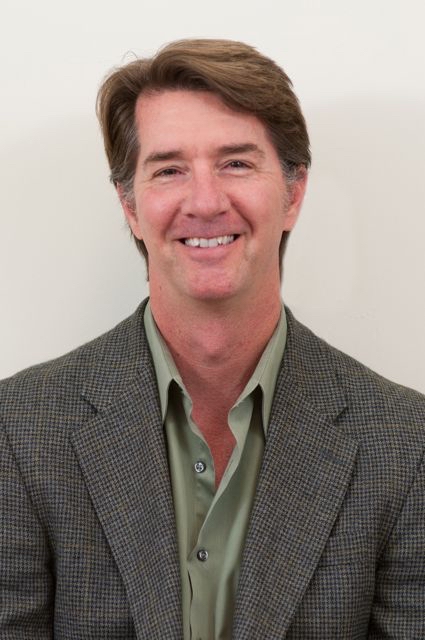 |
Craig McKenzieCraig McKenzie's area of interest is judgment and decision making, with an emphasis on inference and uncertainty: How do people search for and use evidence (including their own knowledge) in order to assess how likely something is true? Are people's feelings of certainty warranted by the available evidence? Understanding what determines degree of belief is important and interesting in its own right, but it also has direct implications for decision making under uncertainty, a topic that encompasses a wide variety of human behavior. Most of his recent research examines how people exploit environmental (or task) structure when making inferences and choices. Many researchers interpret behavior without considering the context in which it usually occurs, which can make reasonable behavior appear irrational. Understanding the environmental conditions under which people typically operate, together with normative principles that make sense given these conditions, can help explain why people behave as they do. |
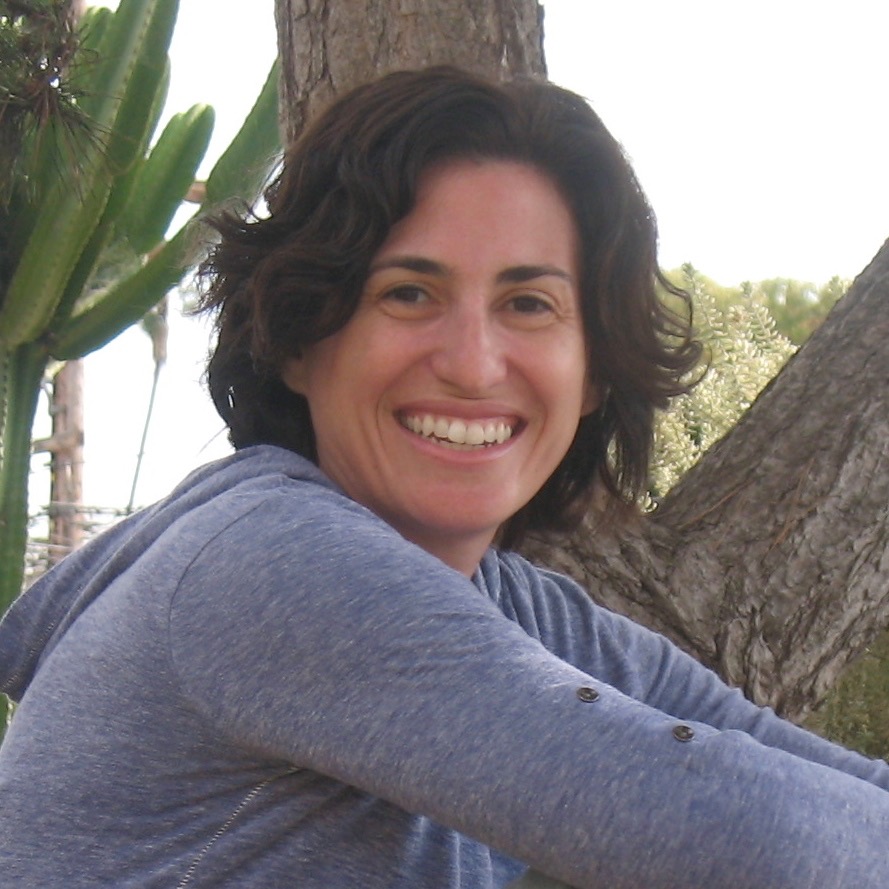 |
Dana Kay NelkinI am a Professor of Philosophy at the University of California, San Diego, and an affiliate professor at the University of San Diego School of Law. I received my B.A. in Philosophy and Plan II (Liberal Arts) at the University of Texas at Austin, and my Ph.D. in philosophy at UCLA. My central areas of research are ethics and moral psychology, and these lead me into related areas such as philosophy of law, philosophy of agency, and social psychology. I have written articles on a variety of topics including forgiveness, friendship, self-deception, and the lottery paradox, as well as a book, Making Sense of Freedom and Responsibility. |
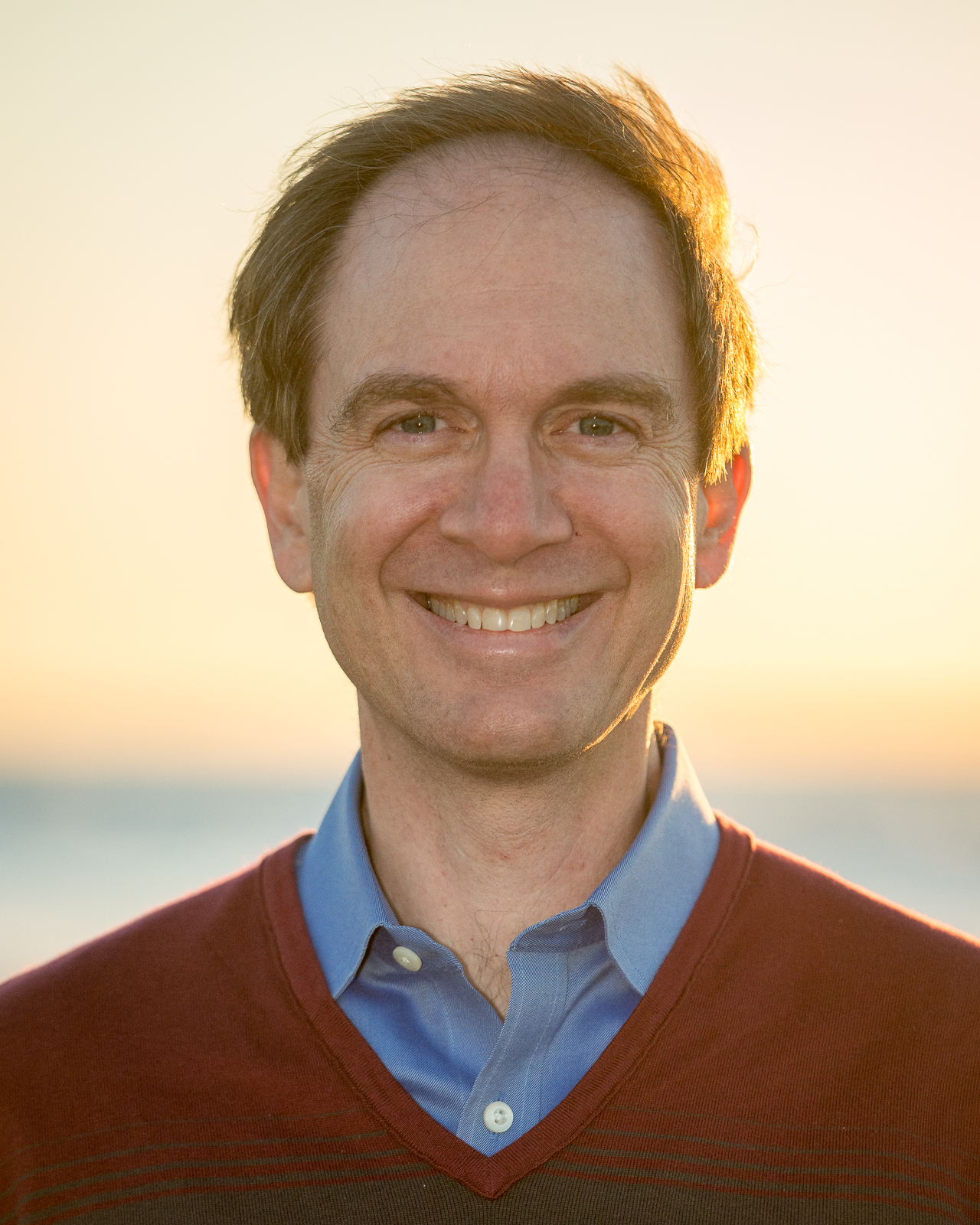 |
Samuel RicklessI am a Professor of Philosophy at the University of California San Diego, and an affiliate professor at the University of San Diego School of Law. I received a B.A. from Harvard, a B. Phil. from Oxford, and a Ph.D. from UCLA. My research spans a number of philosophical subfields, including normative ethics, philosophy of law, philosophy of language, and the history of Western European philosophy (particularly, Plato, Locke, Berkeley, and Hume). My work in normative ethics focuses on the elaboration and defense of non-consequentialist principles, including the doctrine of doing and allowing, the doctrine of direct-indirect harm, and the doctrine of allowing and enabling. My work in the philosophy of law focuses on the right to privacy, fourth amendment jurisprudence, and legal interpretation. |
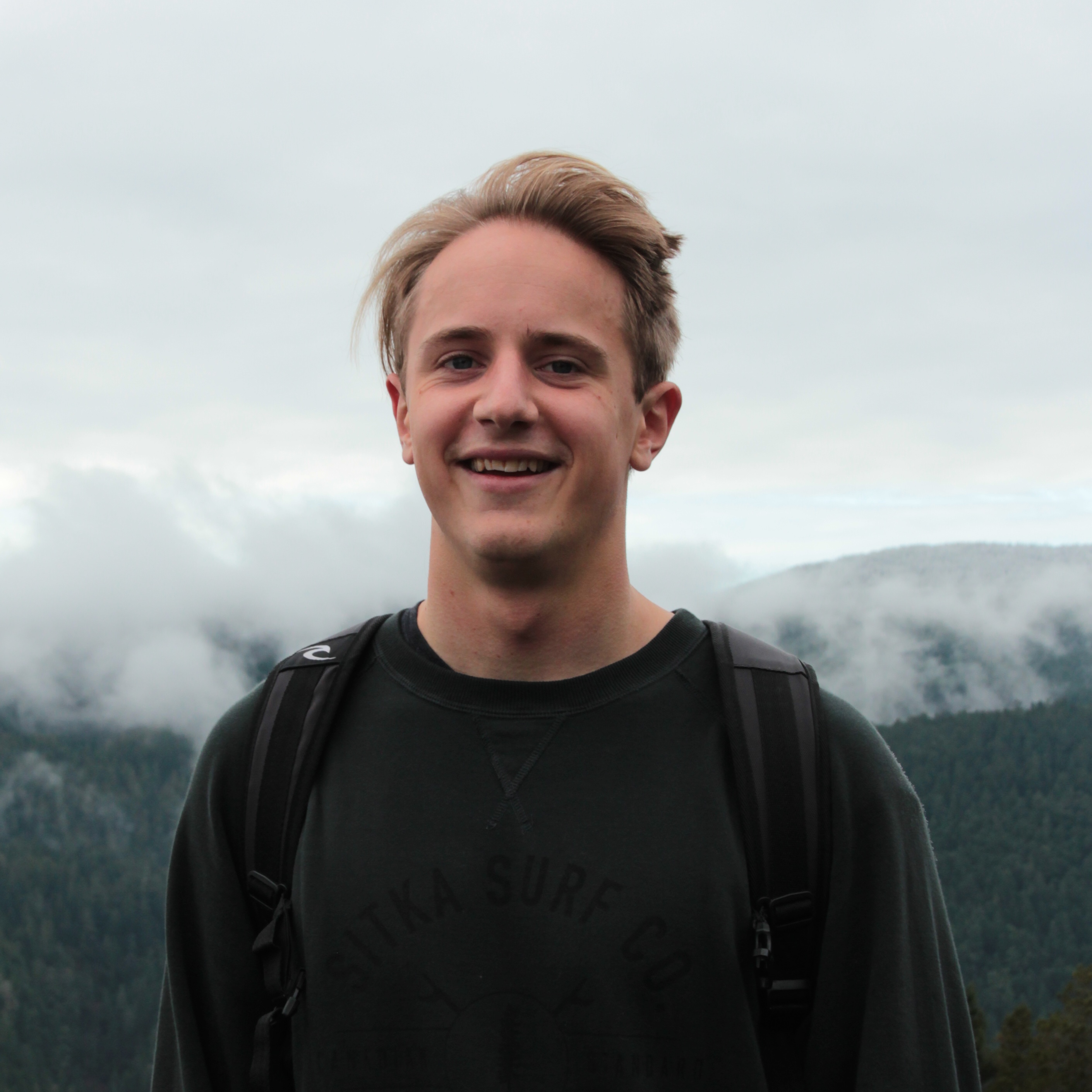 |
Arseny RyazanovI am currently a Product Researcher at Netflix. My academic research explored several facets of prosocial behavior, such as how one’s own perceived potential affects judgements of others, the extent to which performance metrics can encourage charitable donation, and how people make moral decisions when the outcomes are probabilistic, rather than certain. |
Alumni
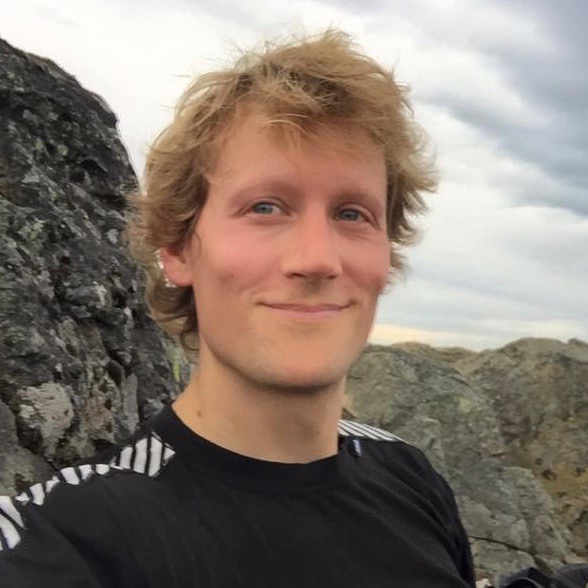
|
Jonathan Knutzen
|

|
Tinghao Wang |